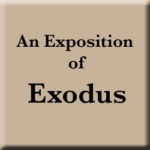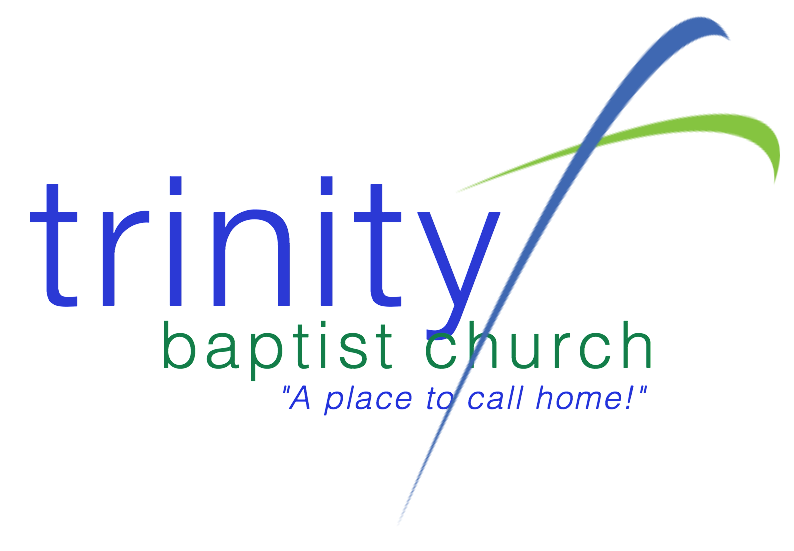
This exposition of Exodus 10:21-29 by Pastor Rod Harris was delivered at Trinity Baptist Church on Sunday morning, August 26, 2018.
Intro:
It was a cool, crisp autumn evening as my guide led me to a remote, yet promising spot. I was instructed to take up my position and wait for his signal as he moved to lure the illusive prey in my direction. My heart pounded with excitement. At last the signal was given and I sprang into action, “Snipe! Snipe…”
[sections collapse="always"][section title="Read More"]
After what seemed an eternity, in reality about 10 minutes, I realized they were not coming back and I was all alone in the wilds of Chandler Park. When you are 6 years old and alone, in the woods, in the dark - it’s terrifying. My life passed before my eyes, it didn’t take long. Every sound was amplified. I wanted to scream but couldn’t make a sound. I wanted to run but I couldn’t move. Darkness had me in its grasp. That night darkness was not merely the absence of light, it was a power and I felt it. Pharaoh had stubbornly refused to submit to God’s sovereign authority. Battered by 8 consecutive plagues he would not yield. At God’s command, without warning, Moses stretched out his staff and darkness cover the land of Egypt. The Hebrew text refers to it as “dark, darkness.” It was a darkness that could be felt and it lasted for three days.
Through these plagues God was making a statement. “I, Yahweh, God of the Hebrews, am the true and living God. I am sovereign over all things including you, O king.” The plagues were further designed to humiliate the gods of the Egyptian pantheon. To show that they were no match for the God of the Hebrews, in fact they are not gods at all. At times it seemed that Pharaoh was weakening and yet he continued to harden his heart, further entrenching himself in unbelief. At its most fundamental level this was a struggle between the will of God and unbelief. This morning we come to deal with the 9th plague. Our text is found in Exodus chapter 10 beginning with verse 21.
Text: Exodus 10:21-29
The most prominent note sounded throughout the Exodus was the sovereignty of God.
He is sovereign over creation.
He is sovereign over individuals and nations.
He determines the course of history.
The big picture being, God is sovereignly at work saving a special people for His own glory.
As we explore our text we will find that the 9th plague provides us a clear picture of God’s sovereignty, the terrifying nature of entrenched unbelief and the uncompromising nature of genuine faith.
From this text we learn that…
Thesis: God’s sovereignty over all things inspires believers to walk in unflinching faith while exposing the hopeless state of those who will not believe.
In our text we have 2 men who respond very differently to God’s sovereignty.
One stubbornly refuses.
The other gratefully yields.
Resistance and obedience.
Which path have you chosen?
There are three things to note in our text.
- God’s judgment of Pharaoh and the nation of Egypt leaves no doubt about His absolute sovereignty over all things. (10:21-23)
- Pharaoh’s stubborn resistance demonstrates the terrifying nature of entrenched unbelief. (10:24, 27-28)
- Moses’ response to Pharaoh’s counter proposal reveals the uncompromising commitment of genuine faith. (10:25-26, 29)
Conclusion:
Many are willing to commit so long as they stay in control. I’ll say the “sinner’s prayer” as long as I’m not expected to go to church every week. I’ll go to church so long as I don’t have to be baptized. I’ll get baptized as long as I don’t have to get involved. I’ll give my time provided I don’t have to give my money - and on it goes.
The fundamental confession of the Christian life is that Jesus is Lord.
That demands unconditional surrender.
He demands your life, your soul, your all.
If you get nothing else out of this study of Exodus - you need to get this - God is absolute sovereign of all things and He demands that you submit to His will. My question for you is simple, “What is your response?”
[/section][/sections]
